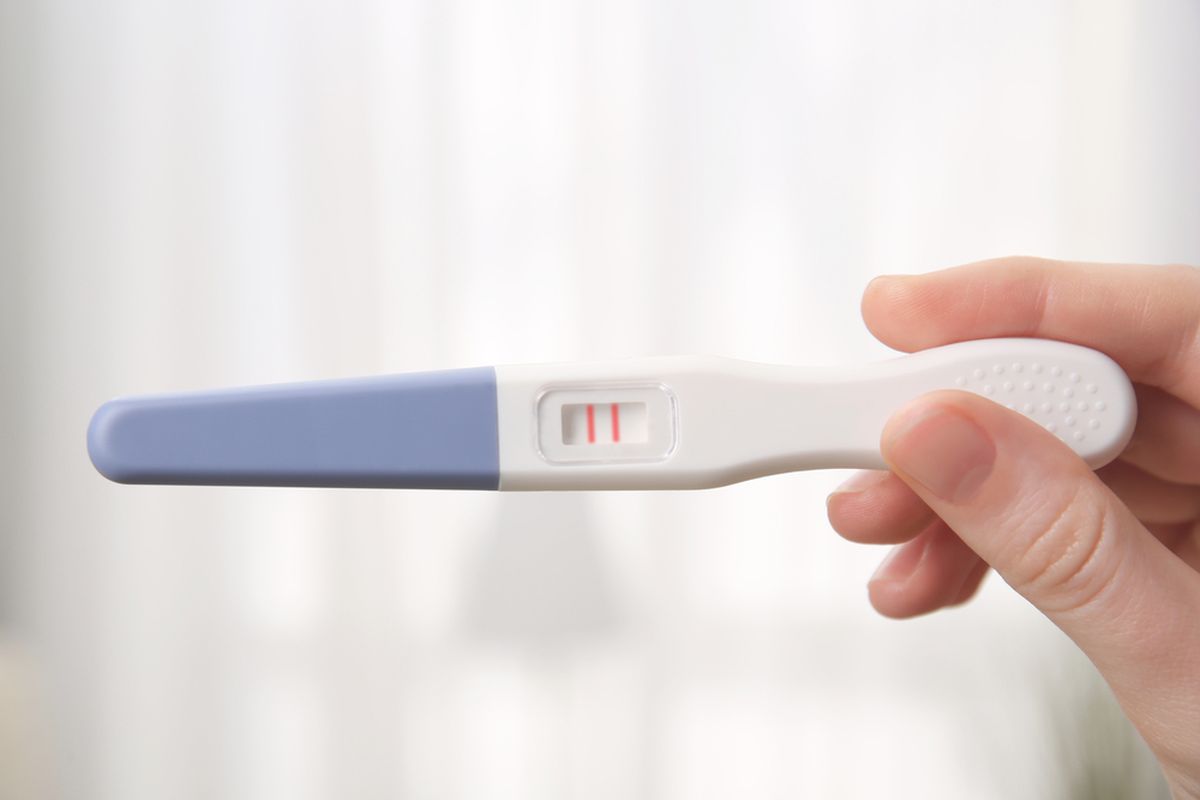Women Globally Lack Access to Contraceptives and Abortions during Lockdown

NEW DELHI, KOMPAS.com - Around the world, women stuck in lockdown from the coronavirus pandemic have lost access to contraceptives and abortion services.
With its abrupt, months-long lockdown, women in India are among those that have been hit especially hard.
After months into the coronavirus pandemic, many Indian women are now in their second-trimester pregnancies as they were unable to find care in time.
Across 37 countries, nearly 2 million fewer women received services between January and June than in the same period last year, Marie Stopes International says in a new report — 1.3 million in India alone.
Read also: It’s Baby #3 for Chrissy Teigen and John Legend
The organization expects 900,000 unintended pregnancies worldwide as a result, along with 1.5 million unsafe abortions and more than 3,000 maternal deaths.
Those numbers “will likely be greatly amplified” if services falter elsewhere in Latin America, Africa and Asia, Marie Stopes’ director of global evidence, Kathryn Church, has said.
The World Health Organization this month said two-thirds of 103 countries surveyed between mid-May and early July reported disruptions to family planning and contraception services.
The UN Population Fund warns of up to 7 million unintended pregnancies worldwide.
Lockdowns, travel restrictions, supply chain disruptions, the massive shift of health resources to combat Covid-19 and fear of infection continue to prevent many women and girls from care.
A surge in teen pregnancies was reported in Kenya, while some young women in Nairobi's Kibera slum resorted to using broken glass, sticks and pens to try to abort pregnancies, said Diana Kihima with the Women Promotion Center.
Read also: 18-Year-Old Rohingya Refugee Runs Away from Camp in Indonesia’s Aceh
Two died of their injuries, while some can no longer conceive.
In parts of West Africa, the provision of some contraceptives fell by nearly 50 percent compared to the same period last year, said the International Planned Parenthood Federation.
“I’ve never seen anything like this apart from countries in conflict,” said Diana Moreka, a coordinator of the MAMA Network that connects women and girls to care across 16 African countries.


































